At a time when many parts of the world appear to be growing wary of China’s displays of “sharp power,” Taiwan has an opportunity to bolster its own “soft power” and, in the process, garner goodwill for its contributions to the international community, writes Ryan Hass. This piece originally appeared in the Taipei Times.
The Eurasia Group, a top geopolitical risk consultancy, recently identified leading risks for 2018. Topping the list are China’s efforts to set international standards and accelerate a global reordering of power. President Xi Jinping has fed this narrative with his consistent invocations of China as a “great power,” and his promotion of a “China solution” as an alternative to the Western democratic model. China appears emboldened by its perceived success at home and abroad, and also by the currently diminished role of the United States in setting the global agenda. This risk of increasing turbulence resulting from China’s opportunistic activism is real and bears close monitoring.
At the same time, though, a related global trend is taking root. Increasingly, countries are becoming aware of—and averse to—Beijing’s efforts to influence their citizens’ attitudes toward China. Both the National Endowment for Democracy and The Economist recently described China’s actions as a form of “sharp power,” which relies on a combination of bullying, bribery, coercion, and information manipulation to suppress challenges to China’s interests and muffle criticism of Chinese behavior. Through these actions, China also seeks to dim the allure of the Western democratic model and build acceptance for its own governance model, which privileges internal security over individual liberties.
The pushback against China’s “sharp power” tactics is most visible in Australia, where Canberra is developing new regulations to prevent outside actors from buying influence through political contributions. A similar story is playing out in New Zealand. There are mounting calls in the United States, including in the U.S. Congress, about the need for vigilance against Chinese efforts to influence America’s public discourse. Anxieties are also heightened across Europe—not just over attempts to fracture the European Union’s approach to China, but also over Chinese acquisitions of leading high-tech manufacturing firms. In South Korea, China’s multi-dimensional campaign to forestall installation of a US-provided missile defense system aroused antipathy, being viewed as an effort to compel South Korea to place China’s security requirements above its own. In Taiwan, perceived mainland-directed united front activities have strengthened the voices of those that view Beijing through an adversarial lens. According to recent polling by the Pew Research Center, many countries throughout the Asia-Pacific are coming to view China’s rise as threatening. Even its most stalwart supporters, such as Pakistan, have begun to express concern about the scale of China’s influence within their borders.
At a time when many parts of the world appear to be growing wary of China’s displays of “sharp power,” Taiwan has an opportunity to bolster its own “soft power” and, in the process, garner goodwill for its contributions to the international community. Here are three ideas for doing so:
Expand investment within the New Southbound Policy strategy. In the near-term, Taiwan should deepen economic bonds with its Southern partners. Over the longer-term, Taiwan should invest heavily in strengthening personal relationships with next-generation political and business leaders in ASEAN and South Asian countries. Done right, such efforts will cultivate enduring support for Taiwan’s role in—and contributions to—the region.
Increase investment in the Global Cooperation Training Framework and the International Environmental Program. These flagship initiatives provide a platform for Taiwan to bring representatives from key countries in the region and beyond to the island. Through these efforts, Taiwan is able to play a leading role in addressing critical challenges, such as halting the spread of infectious diseases, scaling up renewable energy projects in developing countries, stopping human trafficking, and promoting women’s empowerment. These activities showcase Taiwan’s spirit of innovation, generate goodwill, and deepen its relevance in regional affairs.
Raise public awareness of Chinese Communist Party tactics for influencing public discourse through propaganda, clandestine operations, and computer network exploitations. In many ways, Taiwan is ground zero for China’s employment of “sharp power.” Transparency can be the best disinfectant against such efforts. It also can help forge consensus within Taiwan on the scale and scope of the challenge, making it easier to formulate responses that enjoy public support. In pursuing this track, Taiwan may wish to draw lessons from Finland’s recently established Center of Excellence for Countering Hybrid Threats, which is playing a similar role in a European context.
These ideas align with President Tsai Ing-wen’s stated desire to position Taiwan as a responsible actor and upholder of the cross-Strait status quo. This is a prudent and wise place for Tsai to position Taiwan.
Taiwan should concentrate on finding ways to burnish its own image as a provider of public goods. This would help Taiwan generate respect and dignity on the international stage. Though less measurable than the number of diplomatic allies it maintains or international conferences it attends, such goodwill—or “soft power”—may prove every bit as valuable for strengthening Taiwan’s standing over the long run.
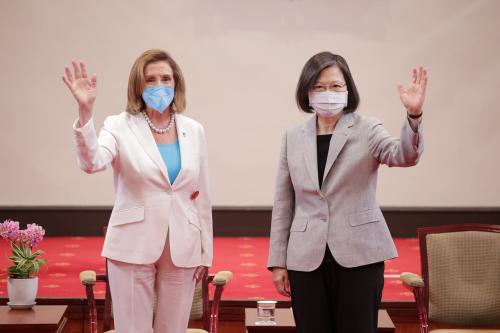
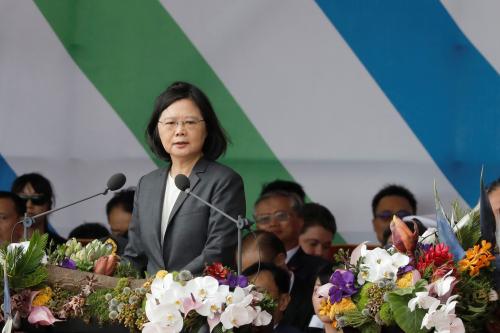
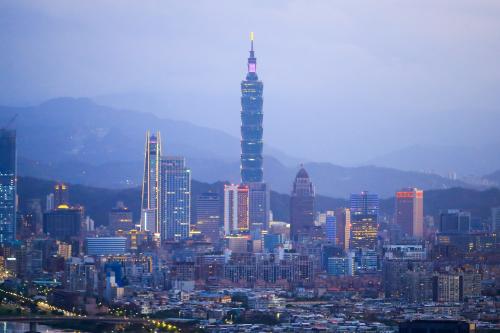
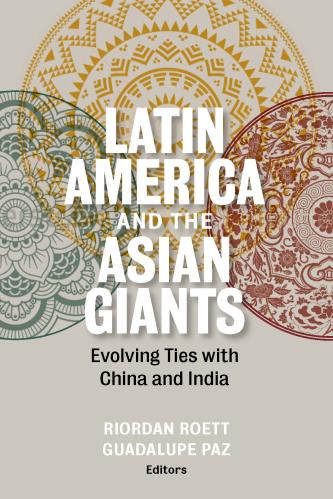
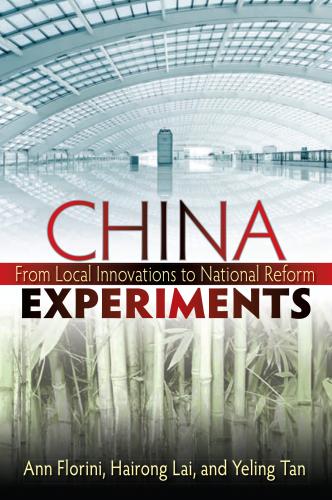
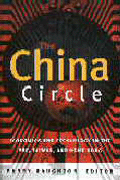



Commentary
Op-edIncreasing “soft power” is a low-cost, high-return strategy for Taiwan
January 22, 2018